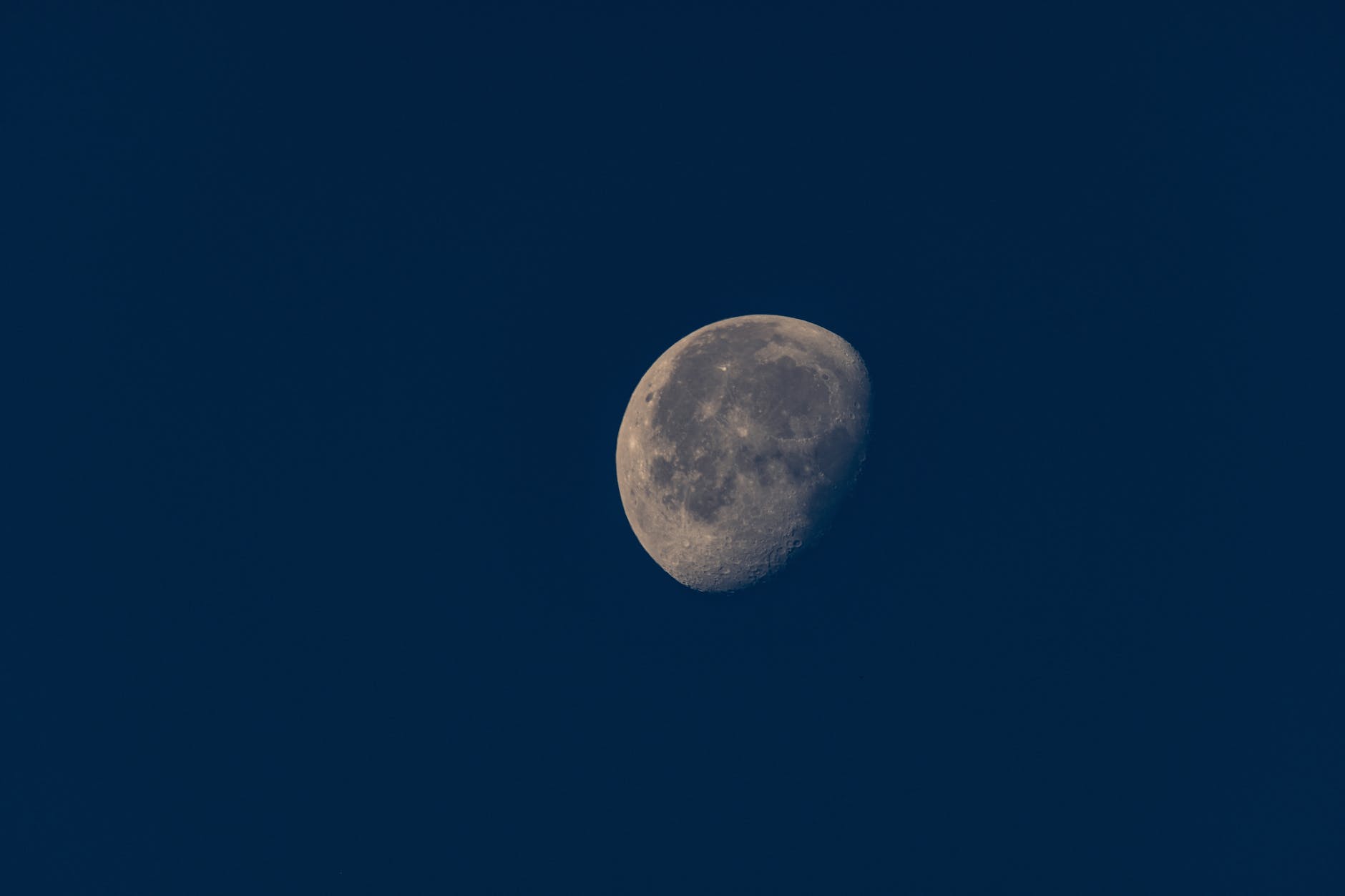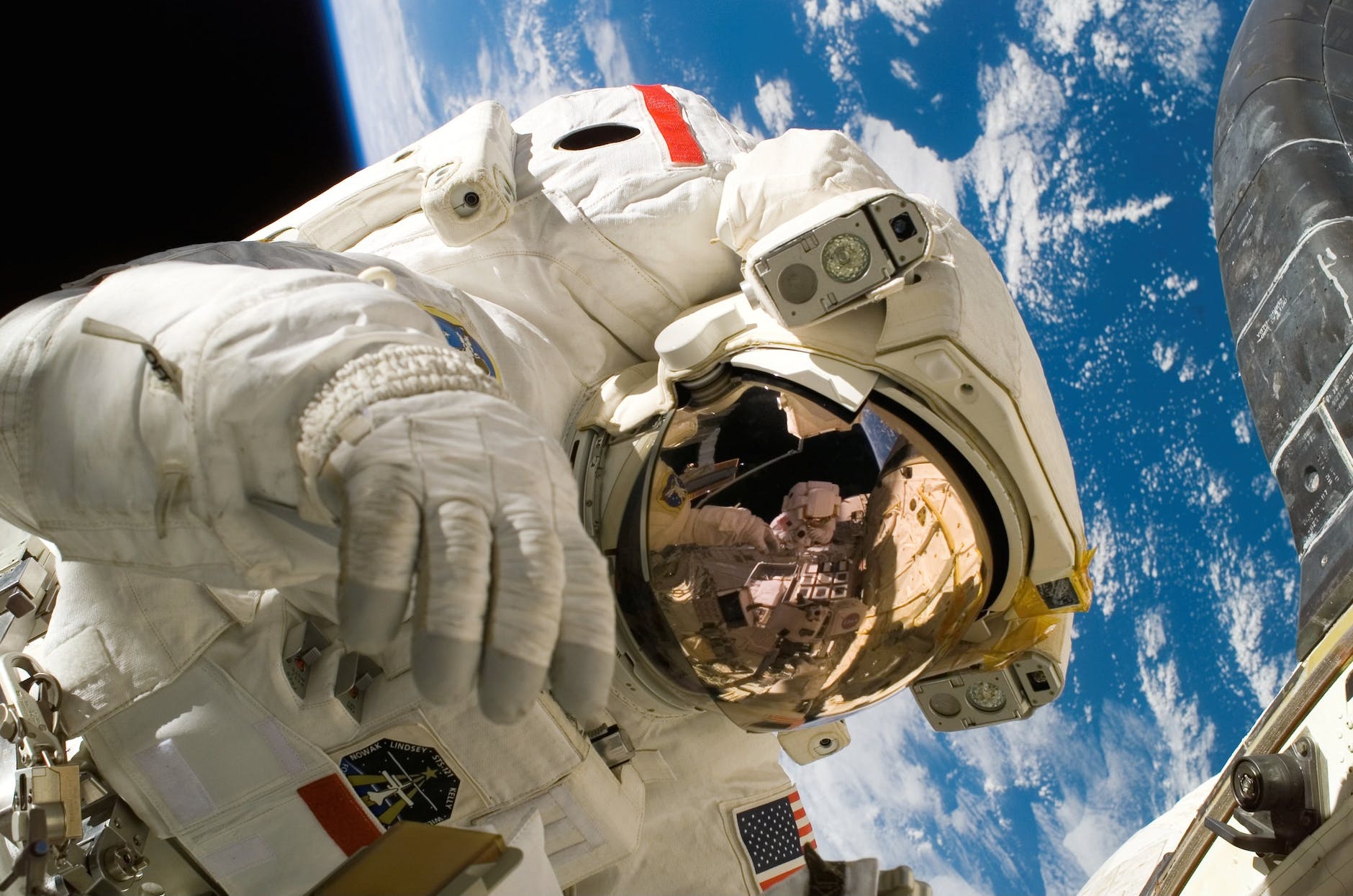
Emerging Space Tourism Business: A Guide to the Market
Space Tourism Business
Space tourism is a growing industry that involves recreational or business travel to space. Major players include SpaceX, Boeing, Axiom, and Virgin Galactic. Advancements in technology have made space tourism more accessible and affordable. It has significance for the future of human spaceflight, promoting collaboration and scientific research. The rise of space tourism brings public attention and support to space exploration initiatives, leading to technological advancements. Overall, it offers new perspectives on our place in the universe and drives innovation within the aerospace industry.

The Pioneers of Space Tourism
Virgin Galactic’s Spaceshiptwo
Richard Branson, founder of Virgin Group, is passionate about space travel and tourism. Virgin Galactic offers suborbital space adventures through its SpaceshipTwo spacecraft, providing a unique and unforgettable experience at high altitudes in Earth’s atmosphere.
The VSS Unity spacecraft, Virgin Galactic’s current spaceplane, successfully reached suborbital space in December 2018, bringing Virgin Galactic closer to launching commercial flights. They plan to build a new spaceship, VSS Imagine, to enhance the passenger experience in Earth’s atmosphere. Branson is committed to making space accessible to everyone, and with the progress of Virgin Galactic and other companies, we are entering a new era of human space exploration and tourism.
Read This: Space Tourism projects
SpaceX’s Crew Dragon
SpaceX, led by Elon Musk, has contributed significantly to space tourism. In 2020, their Crew Dragon spacecraft successfully sent NASA astronauts to the International Space Station (ISS), marking the first crewed mission from the US since 2011.
SpaceX plans to offer orbital space tourism as early as 2021, allowing passengers to spend up to six months on board the ISS and participate in scientific activities. Other companies like Virgin Galactic and Blue Origin are also entering the market, reflecting the growing trend of commercializing space travel. This industry holds great potential for scientific exploration and economic growth in the month of June.
Axiom Space: The Next Frontier
Axiom Space is a private space exploration company that aims to revolutionize the space tourism industry. Its ambitious goals include the creation of a commercial space station and orbital space tourism. The company plans to collaborate with NASA and other private companies to make these goals a reality. Axiom’s vision for space tourism involves not only providing individuals with the opportunity to travel to space but also conducting research and experiments in microgravity that could benefit humanity. With the support of its partners, Axiom is well-positioned to be a major player in the future of commercial space travel.
Boeing’s Spacecraft
Boeing’s CST-100 Starliner spacecraft, a space launch vehicle designed to transport humans to low-Earth orbit destinations like the International Space Station, showcases Boeing’s expertise in space exploration. Developed with NASA’s Commercial Crew Program, the CST-100 Starliner can carry up to seven passengers or a combination of crew and cargo.
With advanced safety systems, touchscreen displays, and wireless internet connectivity, Boeing is at the forefront of space tourism. The company envisions a future where individuals can leisurely explore space and plans to expand its human spaceflight capabilities by developing new spacecraft and collaborating with industry partners. By being involved in space launch vehicle development, Boeing is contributing to the advancement of space tourism and the exploration of low earth orbit.
Read This: Space Tourism process
Billionaire Space Race
Richard Branson vs. Jeff Bezos
Virgin Galactic and Blue Origin are key players in suborbital space tourism. They aim to make space travel accessible to civilians, offering weightlessness and a view of Earth. While their approaches differ, both companies have shaped the market and raised public interest. Critics argue their focus on luxury tourism reflects their privilege rather than advancing knowledge or benefiting humanity. The rivalry between Virgin Galactic and Blue Origin intensifies as they compete for the first commercial suborbital flights. The future of space tourism will be influenced by these influential figures and their companies.
Elon Musk’s SpaceX and Mars Ambitions
Elon Musk, CEO of SpaceX, is revolutionizing the space tourism industry. His plans for colonizing Mars and making human spaceflight more accessible have made a significant impact. SpaceX’s Crew Dragon and Falcon 9 are essential for these endeavors. The Crew Dragon transports astronauts to and from the International Space Station (ISS), while the Falcon 9 provides propulsion. The success of SpaceX’s reusable rocket technology has reduced space launch costs, making Mars missions more feasible. Musk’s goal of establishing a self-sustaining city on Mars has captivated the public and reignited interest in space exploration. With his vision and determination, Musk is shaping the future of human spaceflight and inspiring future generations.
Space Tourism Market
The Current State
The space tourism market is growing with a few companies offering services. Virgin Galactic is the leading player, followed by Blue Origin and SpaceX. A suborbital flight in October costs $200,000 to $250,000 per person. Around 600 people have reserved seats for future flights. Virgin Galactic and Blue Origin have conducted successful test flights and plan to begin commercial operations in July. Despite high costs and a limited customer base, the space tourism market is expected to grow as more players enter the industry. With advancements in technology and increased public interest, it could become a major industry in the future.
Europe’s Entry into the Space Tourism Industry
Europe is making strides in space tourism. Zero 2 Infinity in Spain has developed a balloon-launched rocket system. Germany’s Orion Span is building Aurora Station, a luxury space hotel. Virgin Galactic in the UK plans to offer suborbital flights. Collaborations and competition among European companies are also on the horizon. Airbus and Thales Alenia Space are partnering with NASA on a habitat module for the Lunar Gateway program. More players entering the market will intensify competition. It will be interesting to see how European companies navigate this evolving landscape in the space tourism industry.
Read This: Space Tourism in the future
The Challenges and Future
Astronaut Regulatory Hurdles
The Federal Aviation Administration (FAA) regulates space tourism to ensure passenger and crew safety. Challenges include space debris, radiation exposure, and equipment failure. Incidents like the Virgin Galactic crash and SpaceX explosion highlight the need for safety protocols. Despite these challenges, experts see potential for growth in this industry. Balancing innovation with safety and regulation is crucial for the success of the space tourism business.
Upcoming Nasa Milestones
2023 is an exciting year for space tourism, with test flights and missions scheduled. Notable names like Yusaku Maezawa and Dennis Tito plan to venture into orbit. With growing interest in space exploration and advancing technology, the potential for space tourism is limitless. However, challenges of safety, affordability, and sustainability must be addressed to ensure its growth and success.
Is space tourism a business?
The space tourism industry is indeed a burgeoning business that holds great potential for growth. With companies like Zero 2 Infinity, Orion Span, and Virgin Galactic making significant strides in this field, it is evident that there is a market for those seeking the unique experience of traveling to space.
However, it’s important to note that the success of this industry is not without its challenges. Regulatory hurdles, such as those imposed by the FAA, are in place to ensure the safety of passengers and crew. Space debris, radiation exposure, and equipment failure are among the concerns that need to be addressed.
Is there a market for space tourism?
The market for space tourism in America is undoubtedly growing and shows great promise. People from all walks of life are captivated by the idea of venturing beyond Earth’s atmosphere and experiencing the wonders of space firsthand. This market is not limited to a select few, as evident from the increasing interest and involvement of notable figures like Yusaku Maezawa and Dennis Tito.
Which companies do space tourism?
Several companies are leading the charge in the space tourism industry. Among them are Zero 2 Infinity, Orion Span, and Virgin Galactic. These companies have made significant progress in developing spacecraft and infrastructure to cater to the growing demand for space travel experiences.
Is space business profitable?
The space tourism business has the potential to be highly profitable, given the increasing interest and demand for unique travel experiences. With the right marketing strategies and competitive pricing, companies in this industry can attract customers willing to pay a premium for the opportunity to venture into space.
However, it is important to note that achieving profitability in this sector may take time and substantial investment. Companies must navigate various challenges including regulatory compliance, technological advancements, and ensuring passenger safety. Nevertheless, with careful planning and continuous innovation, the space tourism business holds significant profit potential.
What are the startups for space tourism?
The space tourism industry has paved the way for numerous startups to enter the market and offer innovative services and experiences. Some notable startups in this field include Space Perspective, Axiom Space, and Blue Origin.
Who is investing in space tourism?
Investments in space tourism have attracted the attention of several notable figures and organizations. One such investor is Richard Branson, the founder of Virgin Galactic, who has been a driving force behind the company’s development. Additionally, Jeff Bezos, the founder of Amazon, has invested in Blue Origin with the aim of advancing space tourism opportunities. Moreover, SpaceX, led by Elon Musk, has also shown interest in this sector and aims to eventually offer space tourism experiences alongside its other ventures. These high-profile investors bring both financial resources and expertise to propel the growth of space tourism.
How does the space industry make money?
The space industry generates revenue through various avenues. One of the primary sources of income is satellite services, which includes broadcasting, telecommunications, and navigation. Companies offer satellite communication services to businesses and governments around the world, ensuring connectivity and data transmission. Additionally, the space industry also profits from government contracts for space exploration missions and scientific research. Furthermore, the burgeoning field of space tourism presents a significant revenue opportunity. By offering unique experiences for individuals to venture into space, companies can attract customers willing to pay a premium for this extraordinary opportunity.
How safe is space tourism?
Safety in space tourism is a paramount concern for companies involved in the industry. While space travel inherently carries risks, measures are taken to ensure the safety of passengers. Extensive training programs and rigorous testing are conducted to prepare individuals for the physical and mental demands of space travel. Companies also invest heavily in research and development to enhance spacecraft safety systems. Continuous advancements in technology and engineering have significantly improved the safety standards of space tourism. While risks can never be completely eliminated, the industry is committed to minimizing them and providing a safe and unforgettable experience for customers.
What can you do in space tourism?
In space tourism, the possibilities are truly out of this world. As a space tourist, you can experience breathtaking views of our planet from orbit, float in microgravity at the edge of space, and witness the awe-inspiring wonders of outer space. You can participate in scientific experiments, contribute to space research, and even help advance our understanding of the universe. Additionally, space tourists can engage in extravehicular activities (EVAs) or spacewalks, where they can venture outside the spacecraft and explore the vastness of space firsthand.
ISS Conclusion
SpaceX, Blue Origin, and Virgin Galactic have made significant contributions to space tourism in the United States. SpaceX’s Falcon 9 rocket has sent astronauts to the International Space Station and plans to take private citizens around the moon. Blue Origin aims for affordable suborbital flights with its New Shepard rocket, which can travel up to 62 miles above Earth, crossing the Kármán line. Virgin Galactic’s SpaceShipTwo offers weightless experiences and stunning Earth views. The future role of space tourism in the broader industry is debated, but it remains an exciting market with new companies and technologies emerging. Only time will reveal what lies ahead for this capsule industry in April.
Follow us on Instagram.

